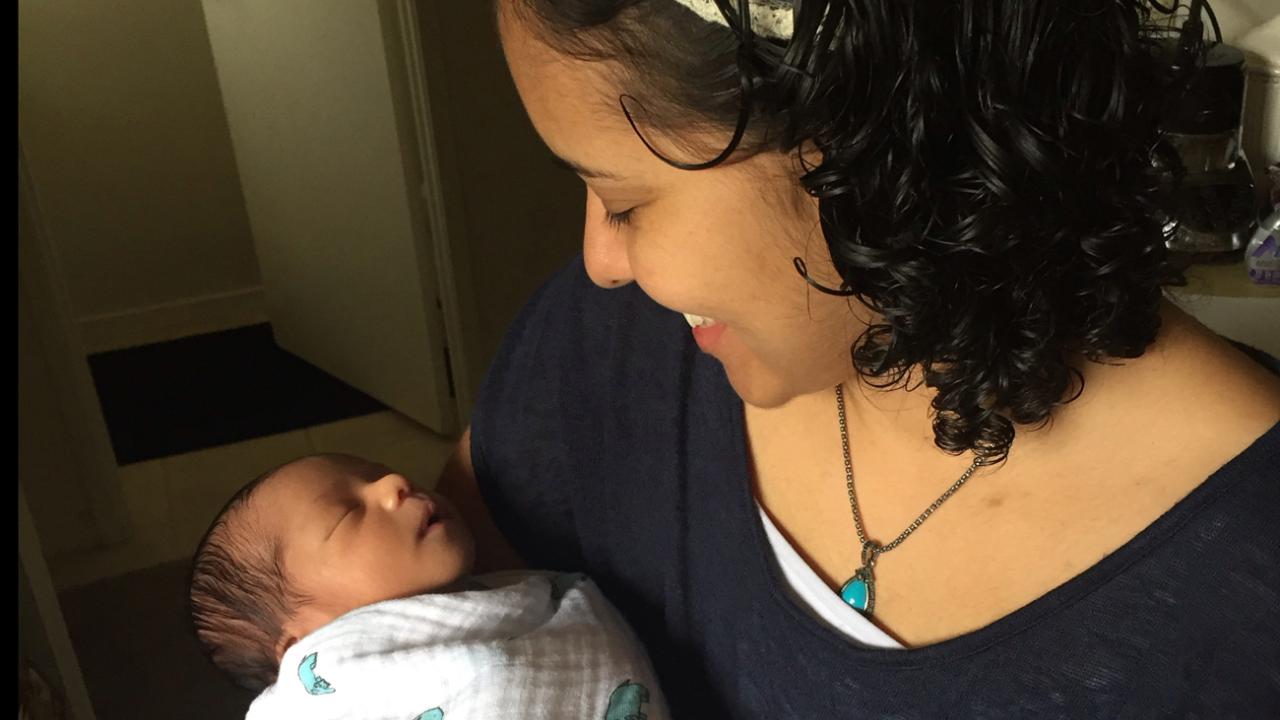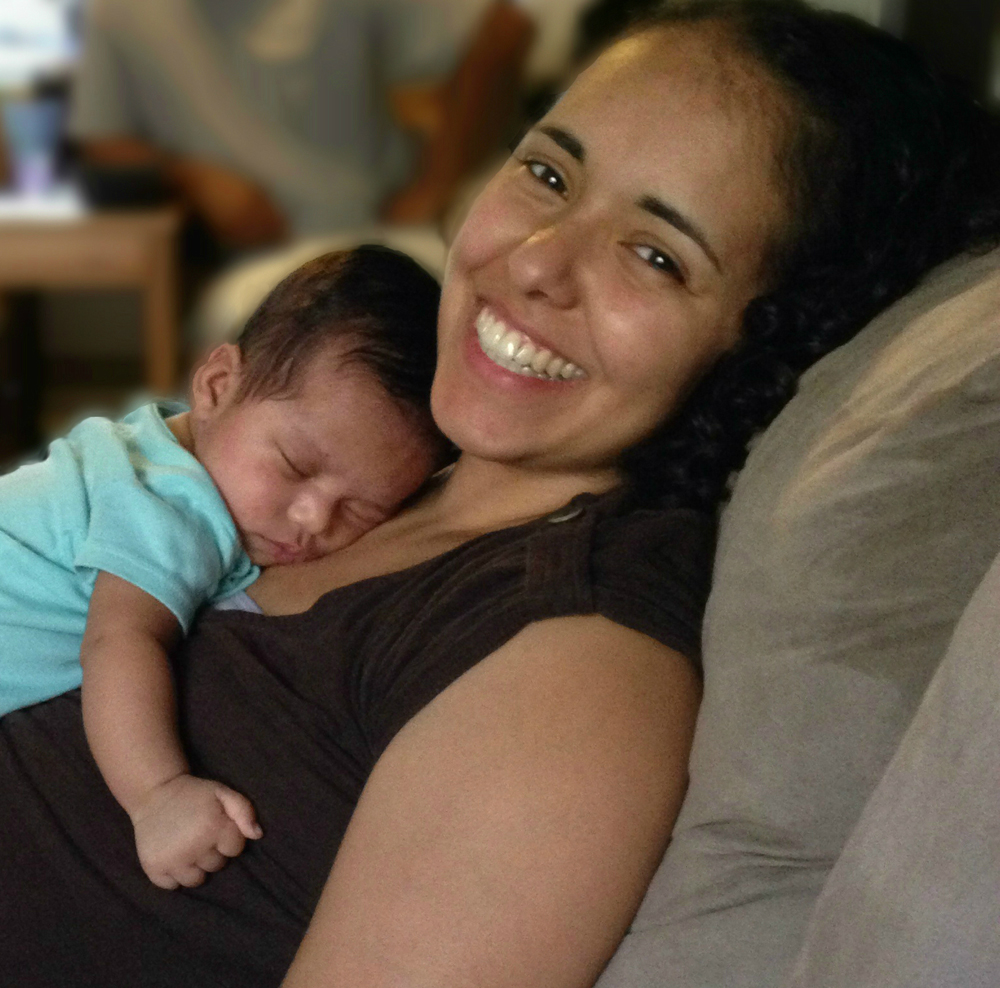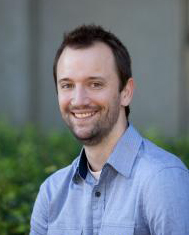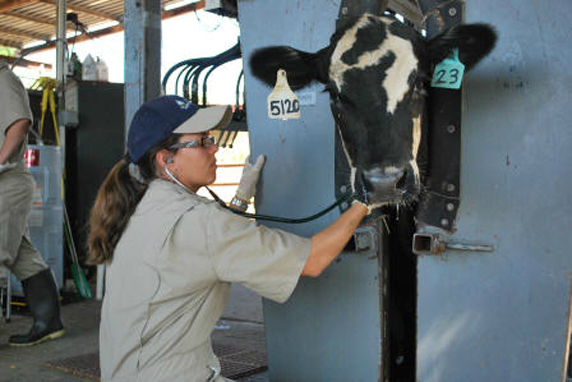
Family and Medical Leave Accommodation for Graduate Students with Funding
Need to take time off?
Quick Summary
- Find out if you’re eligible for the new leave policy.
Since the leave policy for funded graduate students went into effect nearly a year ago, 20 students have taken advantage of it. Nadia Ono, Kayce Davis and Rachel Toaff-Rosenstein were among the first. For varying reasons, they took leaves without needing to worry about reduced income during a period of family or medical need.
The Family and Medical Leave Accommodation for Graduate Students with Funding gives graduate students who need time off a chance to breathe. According to Tracey Pereida, Academic Personnel Analyst in Graduate Studies, “The policy continues a student’s pay or stipend and ensures their benefit of fee remission will not be reduced or prorated. It also allows our new student mothers to remain academically active if they so choose and provides an opportunity to continue enrollment and begin a family.”
It is available as an alternative to PELP (Planned Education Leave Program), and for the many students who are ineligible to receive benefits of FMLA (Family and Medical Leave Act).
The types of leaves include: 1) short-term medical and family-related leave; 2) long-term medical and family-related leave; 3) long-term medical and family-related leave specified for pregnancy/childbirth; 4) bereavement leave; 5) jury leave; and 6) military leave.
Eligible graduate students include GSRs (Graduate Student Researchers), ASEs (Academic Student Employees: TAs, AIs, readers, tutors), and Fellowship Recipients (internal/external), who are regularly enrolled for the duration of leave. To find more about whether you qualify for this policy, please go to: Policy for Family and Medical Leave Accommodation for Graduate Students with Funding
Nadia Ono

The policy helped her balance the excitement of being a parent with the stress of being a graduate student. “It’s always nice to have the assurance that it’s okay for you to step away. It’s your time to take,” says Ono.
Relieved by the new policy alternative, Ono also mentions the benefits. “Just having some leeway, some security with finances—being taken care of during that period in general, in addition to having time to do my work—was really important.”
Ono remembers her previous challenges with suddenly needing to take time off. “I got diagnosed with breast cancer in 2013. There was no policy then,” she says. “Whether the reason is medical, you need a moment to step away from things, to start a family—there is a policy in place now. It’s going to allow you to take care of those things.”
She encourages students to reap the benefits of available resources. “If you have the option, take advantage of it. It allows you to have peace of mind, while you’re going through whatever challenging moment that life in graduate school presents you with.”
Kayce Davis
Kayce Davis took leave for a sudden medical emergency. “I was on campus and I got sick all of a sudden,” he says. “I had to call 911—they took me to the emergency room and took me to Sutter. I had an infected gallbladder, and they needed to remove it.”

“It was just a relief to find out about it (the policy), for financial reasons,” Davis adds. “Knowing that the students in my class were going to be taken care of—that everyone was extremely understanding of these health concerns—made it really easy to focus on recovery. The policy let me get back into the rigorous workload, without feeling like I was going to be so far behind.”
The Policy for Family and Medical Leave Accommodation for Graduate Students with Funding gave Davis a chance to recover, acting as a buffer for his time off. He took the Short-term Medical and Family-related type of leave, which gave him four weeks to sort everything out. “It gave me peace of mind,” says Davis. “I didn’t have to juggle around health concerns along with teaching, and getting my own reading done for my research, and dissertation writing...because I’m an associate instructor, having that time off gave me time to focus on my recovery.”
After receiving urgent gallbladder surgery, Davis has a few words of advice for students considering taking leave through the new policy. “If you need to take time off, know it [the policy] would help out—relieve a lot of stress,” he says. He adds, chuckling, “and don’t get an infected gallbladder!”
Rachel Toaff-Rosenstein
Rachel Toaff-Rosenstein took advantage of the new policy to take care of her mother, who was suffering a steep decline in health. She qualified for Long-term Medical and Family-related Leave. “My mother was very ill and dying,” says Rachel. “It (the policy) allowed me to take the time off that I needed, rather than taking off the entire quarter.”
She recalls the magnitude of stress surrounding the situation. As a mother herself of three young kids, juggling parental duties along with caring for her ill mother—all on top of a graduate student workload—Toaff-Rosenstein felt overwhelmed with everything on her plate.
Rachel explains that, after struggling to find possible solutions to cope with the sudden need to take time off, she found herself in a rut. “I had taken PELP twice; once because I had a baby, the second time to take care of my mom,” explains Toaff-Rosenstein. “It was a stressful and challenging time. I knew if I had to take PELP again, I’d be losing another whole quarter.”
“It was frustrating when I was trying to garner support from resources on campus,” she recalls. “It felt like I was being put through the run-around. Some people didn’t understand that it was urgent, a time-dependent problem.” After speaking to her Ph.D. advisor, she learned about the new policy. “This program gave me some relief. I absolutely needed that time,” she says. “It allowed me to have the time I needed, without getting behind in my studies—allowed me to maintain my TA position I had that quarter.”
The policy alternative also had other advantages for Toaff-Rosenstein. “Of course, there’s also the financial component,” she adds. “Still being able to earn the TA stipend provided me with some financial relief.”

She strongly believes in achieving a balanced life as a graduate student, even when it seems like academics trump all other factors. “The program is important to students, not just for their academic pursuits, but for their personal life. Academics aren’t everything—you have to juggle things. It’s all intertwined; you can’t always separate the personal from the professional.”
“Even though we are students, life still happens,” says Toaff-Rosenstein. “It’s important to continue to address aspects of your personal and family life while you’re a student, and of course, we can’t always plan or control these things. This program gives you the flexibility you need in case something unexpected happens.”
